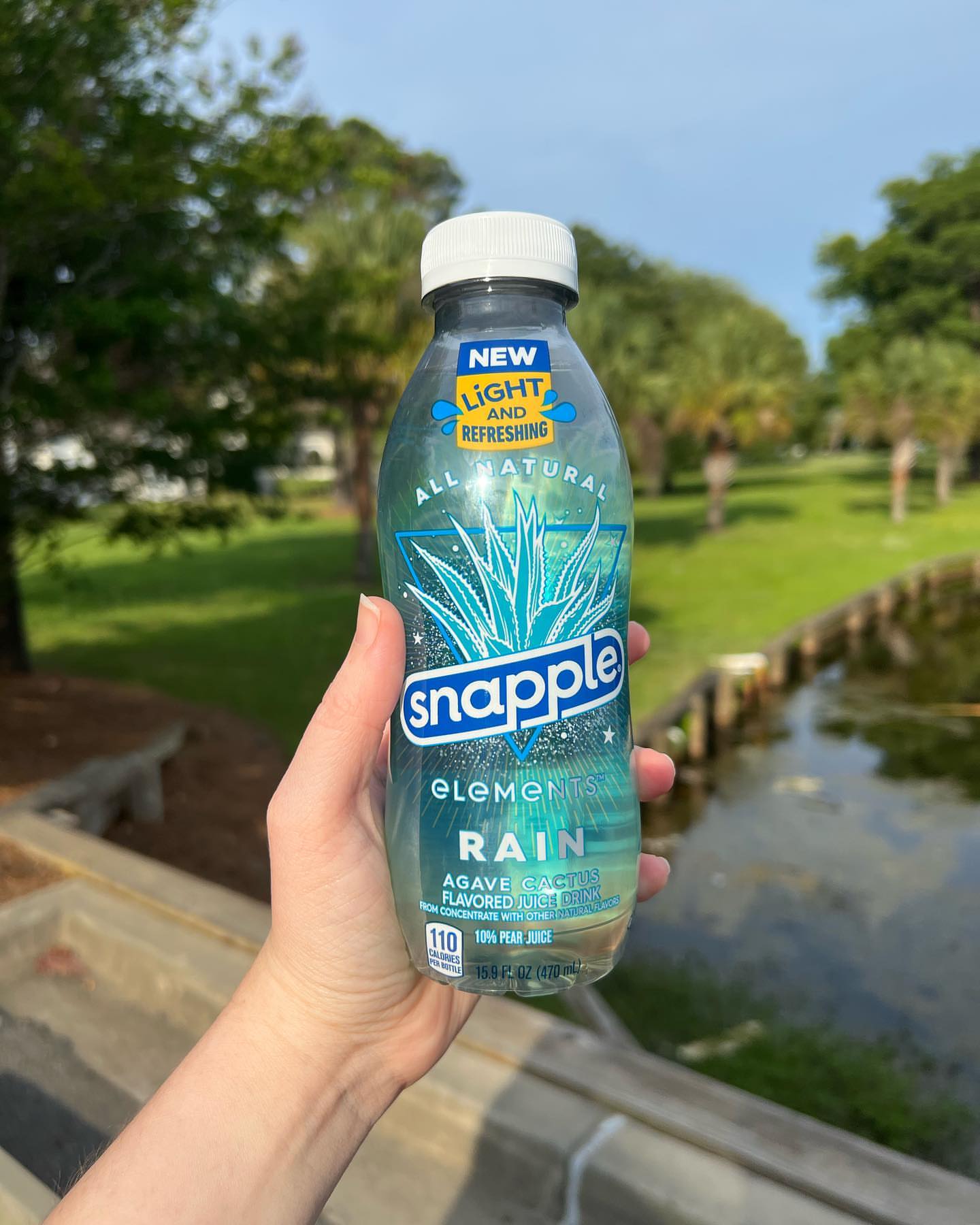The quick answer to whether dogs can eat agave nectar is YES, but it depends on the type of sweeteners used in agave nectar. Some can be harmful to dogs. In this article, we will explore whether agave nectar is safe for dogs to consume and what precautions should be taken.
Can dogs eat Agave Nectar?
There are many different types of sweeteners available in the market, making it hard to keep track of which ones are safe for our furry friends. Agave nectar is a relatively new addition to this list, and you might be wondering if it’s something you can share with your pup.
The answer is yes, dogs can eat agave nectar. However, there are a few things to keep in mind. Agave nectar is extremely sweet, so it should only be given to dogs in very small amounts. A little bit goes a long way when it comes to this particular sweetener!
What is Agave Nectar?
Agave nectar is a type of syrup derived from the agave plant. It has a similar consistency to honey but is usually thinner and less viscous. This sweetener gained popularity as a “healthier” alternative to sugar and other processed sweeteners.
To make agave nectar, the sap from the agave plant is extracted and filtered to remove any impurities. The sap is then heated until it turns into a syrup. The color of agave nectar can vary, depending on the type of agave plant it came from, but it is typically light brown or amber.
How sweet is Agave Nectar?
Agave nectar is sweeter than sugar, so it’s essential to be cautious about the amount you give to your dog. Start with a very small amount and observe how your dog reacts. If they enjoy it and don’t experience any negative side effects, you can gradually increase the quantity.
Are there any benefits to feeding Agave Nectar to dogs?
Agave nectar does have some nutritional benefits that make it a good choice for dogs. It is a good source of calories, fiber, vitamins, such as riboflavin and pyridoxine, and minerals like calcium and iron. However, it’s important to remember that agave nectar is still a sugar and should be given in moderation. Excessive sugar consumption can lead to weight gain and other health problems, including high blood sugar levels in dogs.
What are the side effects?
The most common side effect of feeding agave nectar to dogs is diarrhea. The high sweetness of the syrup can upset your dog’s stomach if consumed in large quantities. If your dog experiences diarrhea after consuming agave nectar, it’s best to stop giving it to them and ensure they have access to plenty of water. In rare cases, agave nectar can also cause vomiting and bloating. If these side effects occur, discontinue the use of agave nectar and consult your veterinarian.
Agave poisoning and its symptoms
Agave poisoning can be a serious condition for dogs and may even be fatal. The consumption of agave nectar can result in negative reactions, including hives, vomiting, and lethargy. If you suspect your dog has consumed agave nectar and is experiencing these symptoms, it is crucial to seek veterinary attention immediately.
Reasons dogs shouldn’t consume Agave syrup
There are several reasons why dogs shouldn’t be allowed to consume agave syrup, including:
- High fructose levels
- Potential belly fat
- Lack of health benefits
- High processing levels
- Low levels of antioxidants
Agave syrup alternatives
If you’re looking for alternatives to agave syrup that are beneficial to your dog’s health, consider the following options:
- Honey
- Maple Syrup
- Brown rice syrup
- Coconut sap/syrup
- Stevia
Frequently Asked Questions
Here are some commonly asked questions about dogs and agave nectar:
Can dogs eat agave nectar?
Yes, dogs can eat agave nectar, but in moderation and small amounts.Are there any benefits to feeding agave nectar to dogs?
Agave nectar contains calories, fiber, and some vitamins and minerals, but it should be given in moderation due to its high sugar content.What are the side effects of feeding agave nectar to dogs?
The most common side effect is diarrhea. Other possible side effects include vomiting and bloating.Can agave nectar be poisonous to dogs?
In some cases, agave poisoning can occur in dogs, leading to negative reactions such as hives, vomiting, and lethargy.
Conclusion
In conclusion, dogs can consume agave nectar, but it should be given in small amounts due to its high sweetness. While it can provide some nutritional benefits, moderation is key. Watch out for any adverse reactions and consult your veterinarian if your dog experiences any negative symptoms. It’s always best to prioritize your dog’s health and well-being when introducing new foods or treats into their diet.
For more information on dog nutrition and products, visit Pawsoha.




